
The Zen Studies Podcast
Learn about traditional Zen and Buddhist teachings, practices, and history through episodes recorded specifically for podcast listeners. Host Domyo Burk is a Soto Zen priest and teacher.
- Update frequency
- every 10 days
- Average duration
- 29 minutes
- Episodes
- 324
- Years Active
- 2017 - 2025

82 - Buddhist History 10: Early Indian Buddhism - Stupas and Devotional Practice - Part 1
It’s pretty typical to hear only one side of Buddhist history – that is, the side that focuses on what the Buddha taught, or the Dharma, and on the people who studied and practiced that Dharma. There…

81 – Five Steps for Positive Change without Waging War on the Self
It’s natural and healthy to aspire to things like having more equanimity, being more generous, and overcoming negative habits – and, in fact, such aspiration is part of the Buddhist path. However, wh…
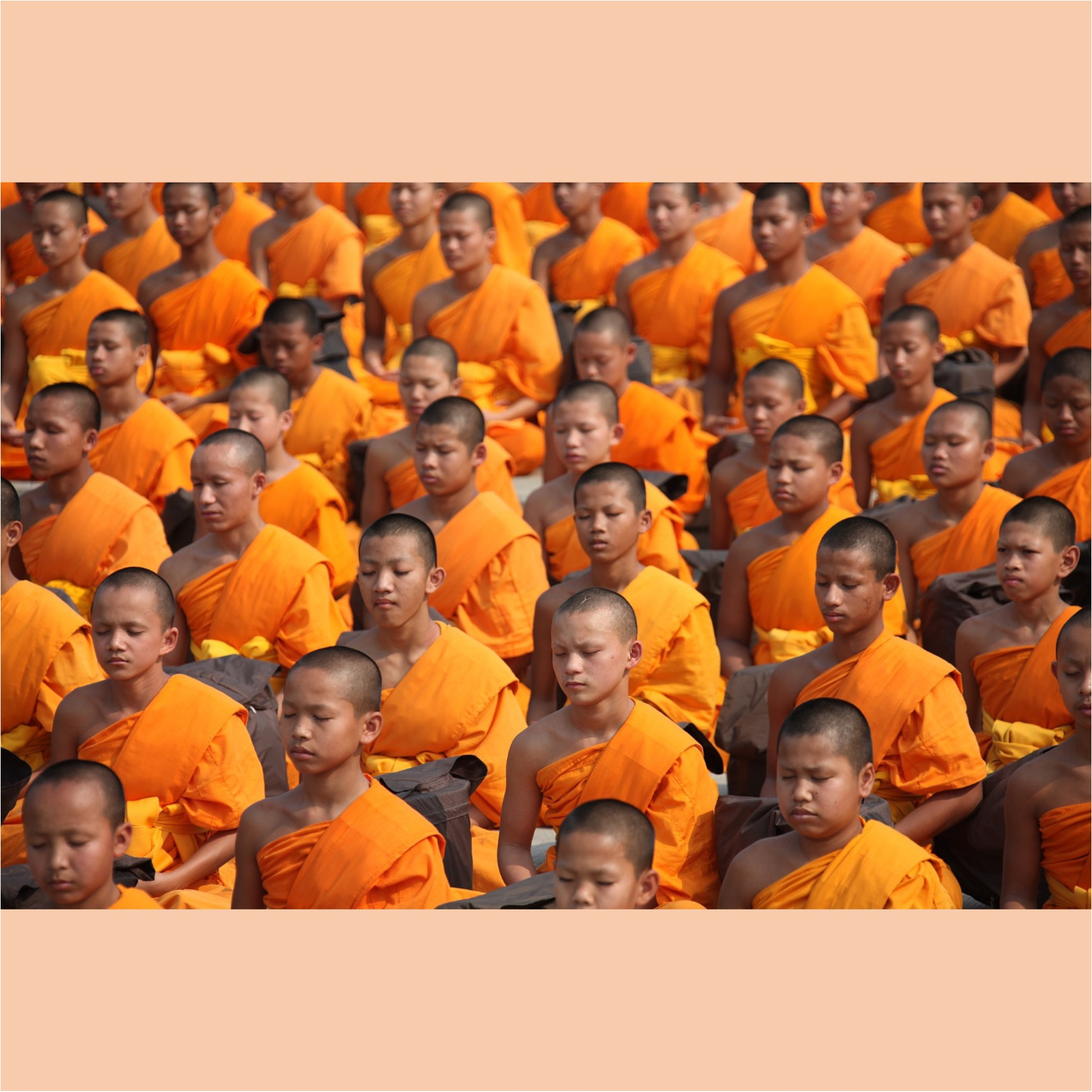
80 - Four Foundations of Mindfulness Practice and Similarities in Zen
In the last episode, I introduced the Four Foundations of Mindfulness as the Buddha taught them. Mindfulness means to remember something, or keep something in mind. The Four Foundations are the four …
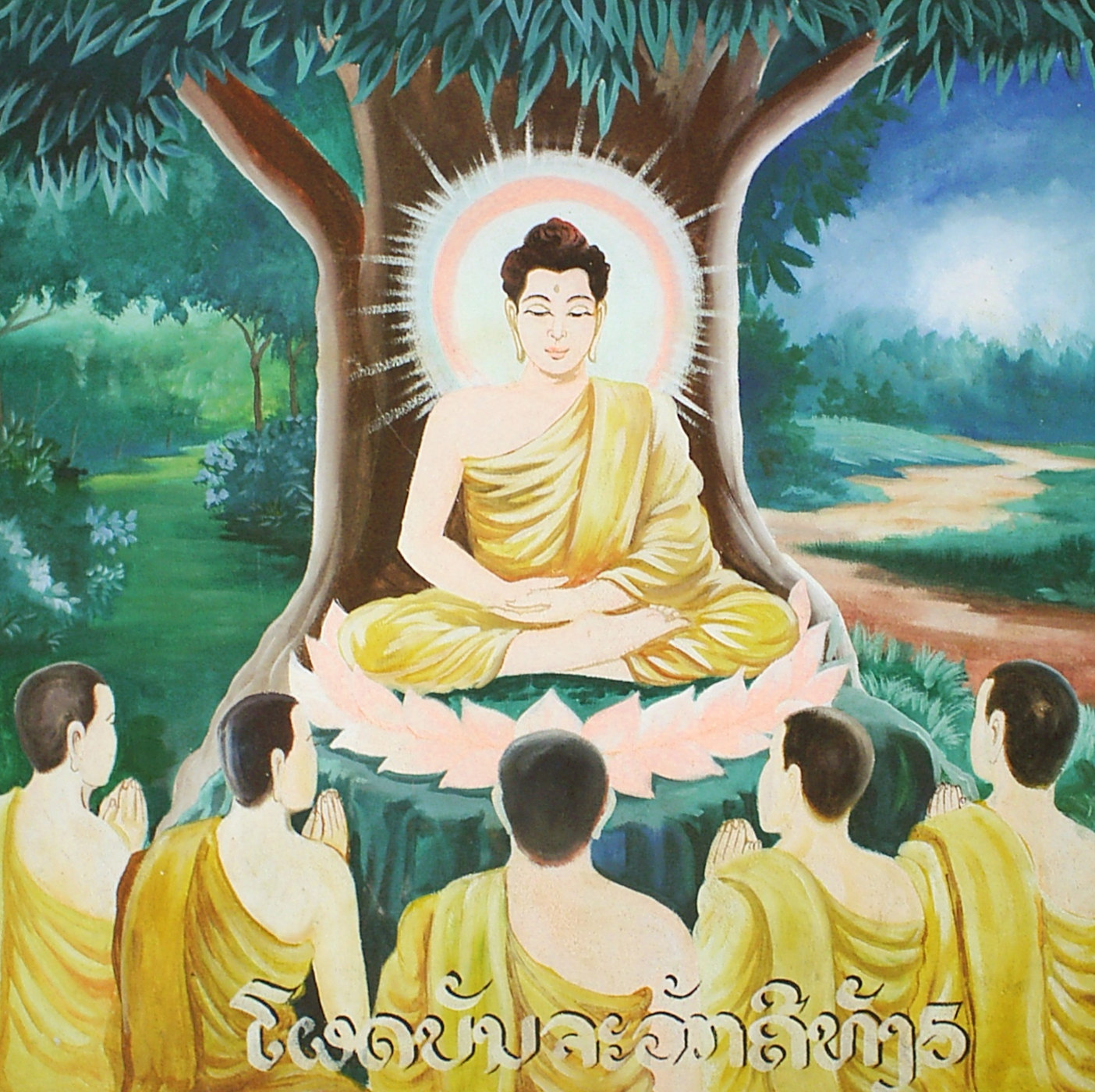
79 - Buddha's Teachings 10: The Four Foundations of Mindfulness
One of Buddha's central teachings was the Four Foundations of Mindfulness, about how you walk the Eightfold Path to liberation. Mindfulness, or sati, means to remember or keep in mind, and the four f…

78 – The Ten Oxherding Pictures: Stages of Practice When You’re Going Nowhere
The Ten Oxherding pictures are a Zen teaching, but many Buddhist practitioners are familiar with the experience of trying to motivate yourself to practice without the rewards of explicit, tangible go…

77 - Western Zen Grows Up and Faces the Koan of Race – Part 2
Second part of a two-part series: The story of my particular school, Soto Zen, in America, but even if you identify with a different type of Buddhism you may find it interesting because so many forms…

76 - Western Zen Grows Up and Faces the Koan of Race – Part 1
I tell you the story of my lineage of Zen over the last 100 years or so – its birth in America, its growth, its rocky adolescence, and how it’s coming into an adulthood of sorts that gives it the str…

75 – Sekito Kisen’s Sandokai: The Identity of Relative and Absolute – Part 2
This my second episode on the Sandokai, an ancient teaching poem composed by Chinese Zen master Sekito Kisen (Shitou Xiqian, 700-790). It’s recited daily in Soto Zen temples throughout the world - on…

74 – Sekito Kisen’s Sandokai: The Identity of Relative and Absolute – Part 1
Sandokai is a teaching poem composed by Chinese Chan (Zen) master Sekito Kisen (Shitou Xiqian, 700-790). It’s recited daily in Soto Zen temples throughout the world. In this episode I explore the mea…

73 – Is Buddhism Secular, Spiritual, or Religious?
Is Buddhism religious, spiritual, or secular? The short answer to that is all three – depending what questions you’re asking. In this episode I define religious, spiritual, and secular, and then exam…
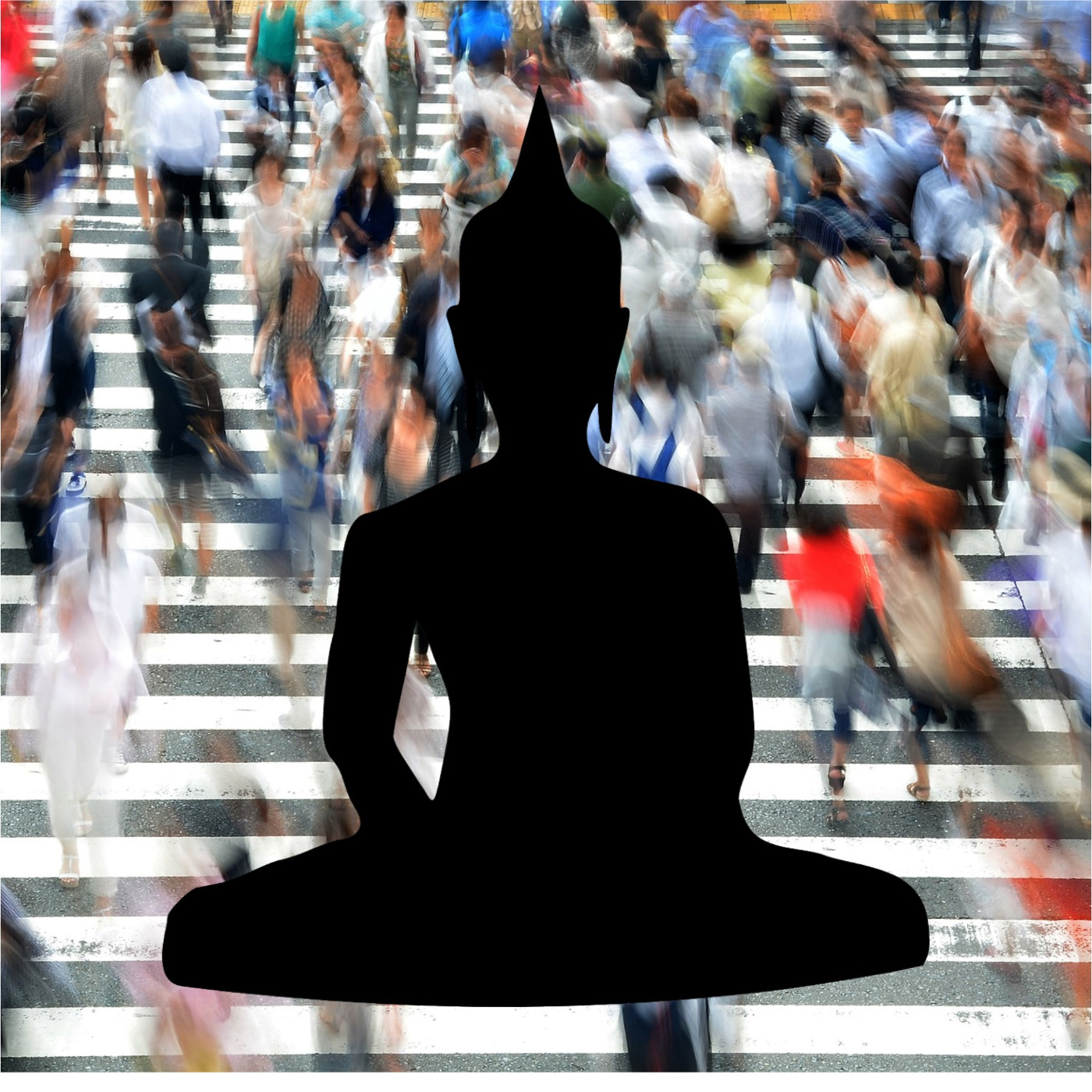
72 – Taking Care of Our Lives: More About the Karma Relationship Side of Practice
In Episode 38 I talked about how Buddhist practice has two sides – samadhi power and karma relationship. Samadhi power is about cultivating a direct, real-life experience of the nondual aspect of rea…
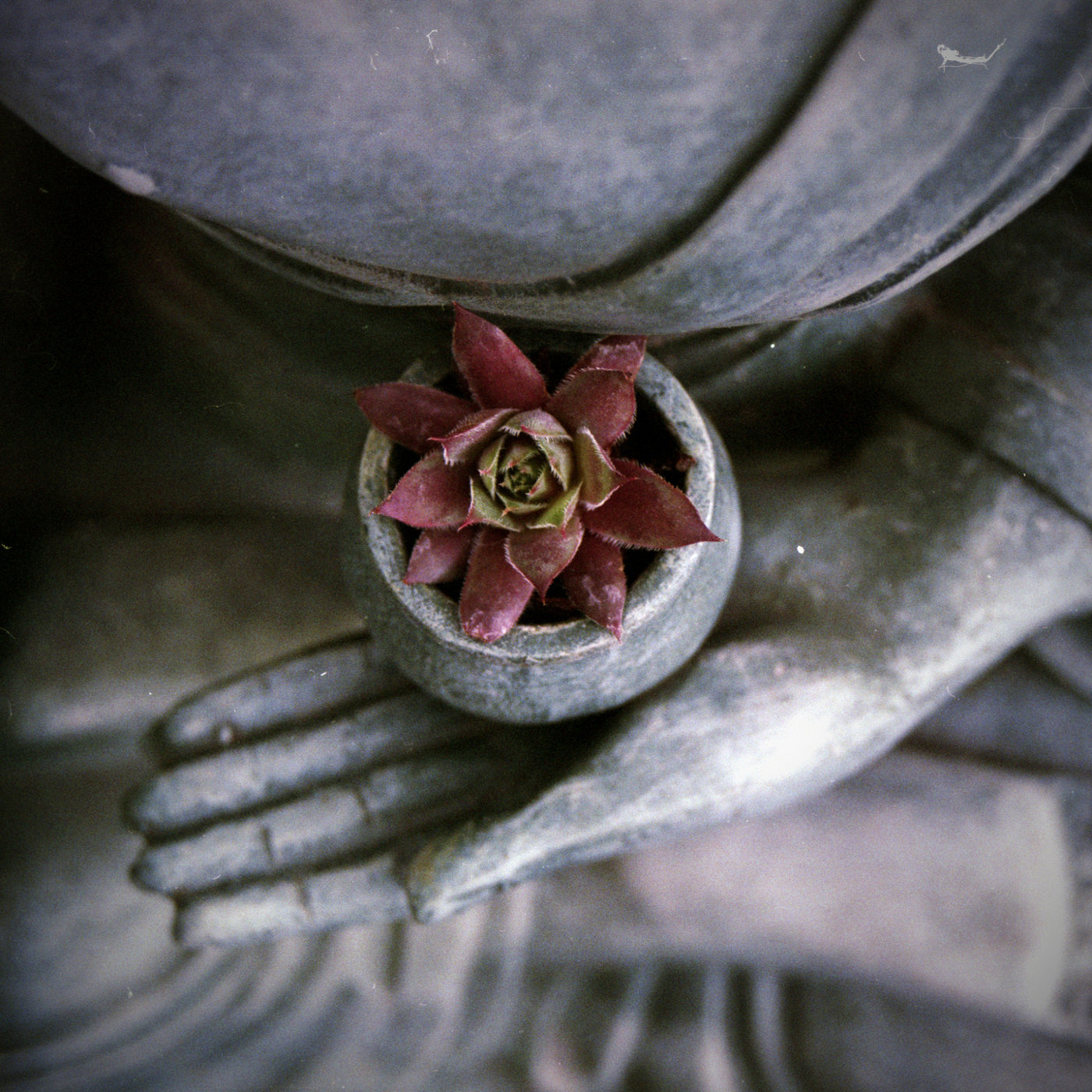
71 - Buddha's Teachings 9: The Four Brahmaviharas, or Sublime Social Attitudes - Part 3
In this third episode of my series on the Four Brahmaviharas, I briefly talk about how to use them in daily practice without setting them up as unattainable ideals. Then I discuss what tends to get i…
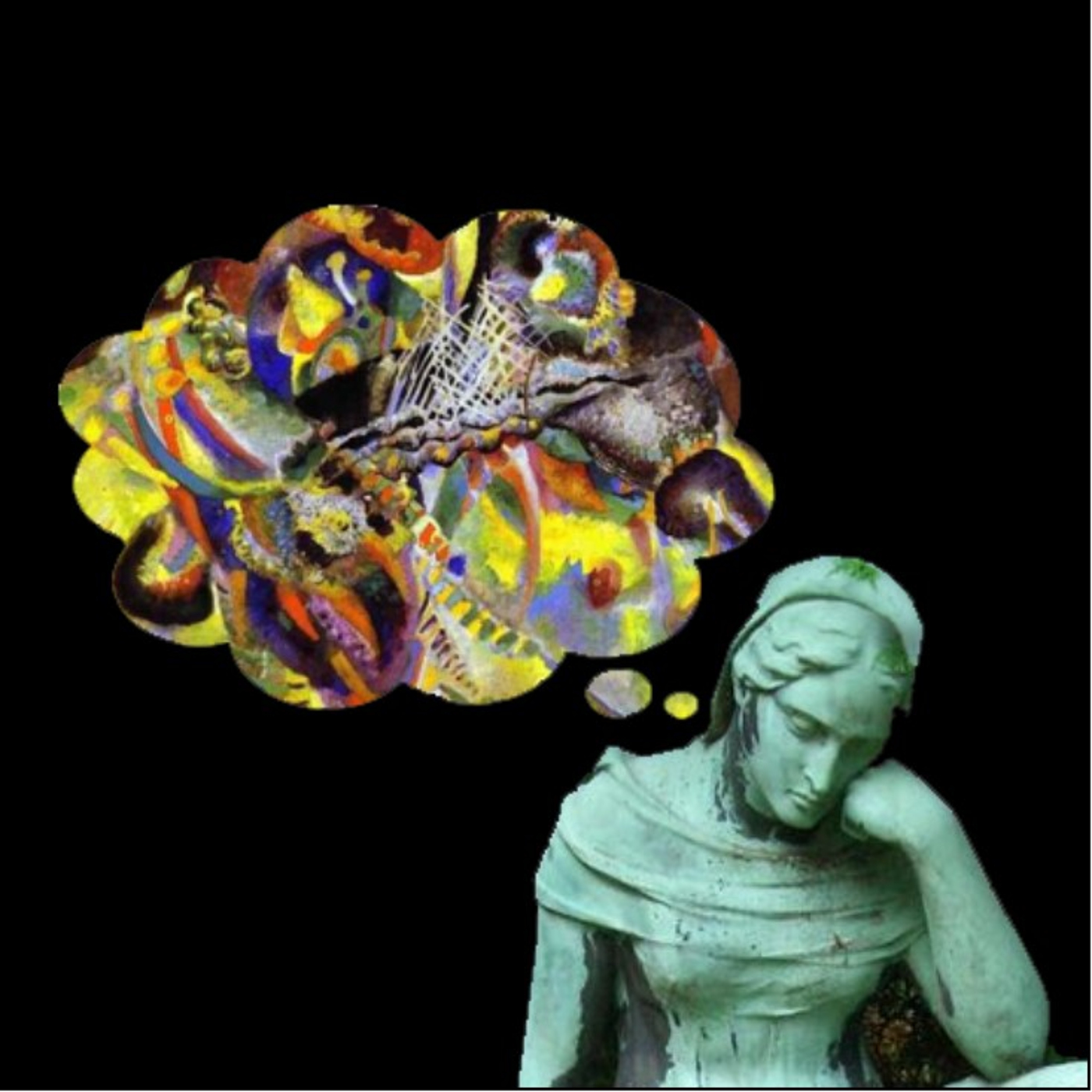
70 - Buddhist Practice: Dealing with Intrusive Thoughts and Emotions
“Intrusive” thoughts and emotions arise repeatedly with enough intensity for them to be disturbing or distracting, even though they aren’t objectively relevant or helpful as they’re arising. In this …
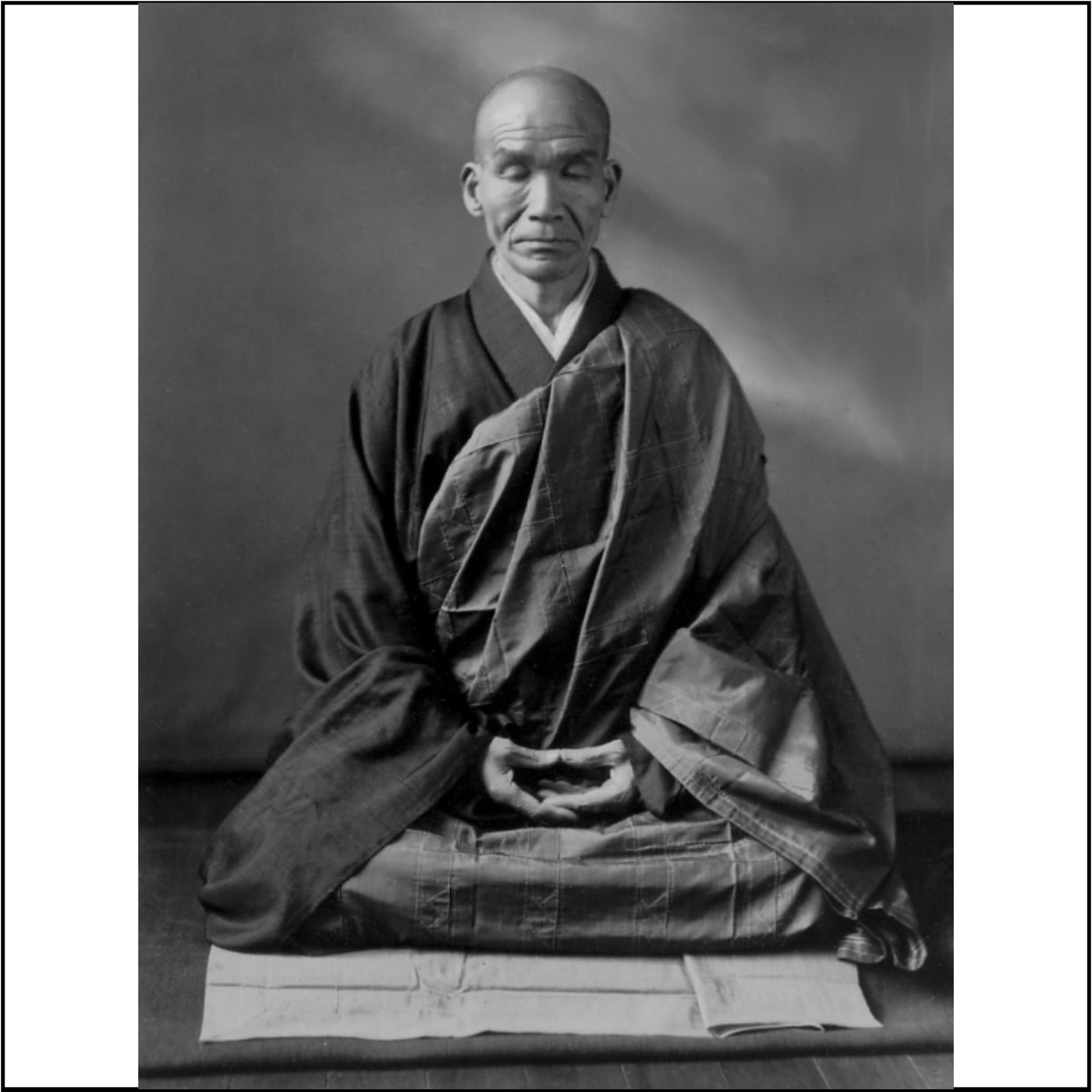
69 - The Soto Zen Goal of Goallessness: How to Awaken Without Trying
The goal of Buddhism is to awaken to what’s true, because the truth is liberating. And yet my tradition, Soto Zen, points us toward the “goal of goallessness,” telling us we’ll awaken if only we give…

68 – Relating to Buddhist Teachings 2: Wrestling with the Teachings
From the perspective of most Buddhist lineages, including Zen, study is essential. In this episode I’ll get into why that is and present a practical way you can engage with Buddhist teachings in a fr…
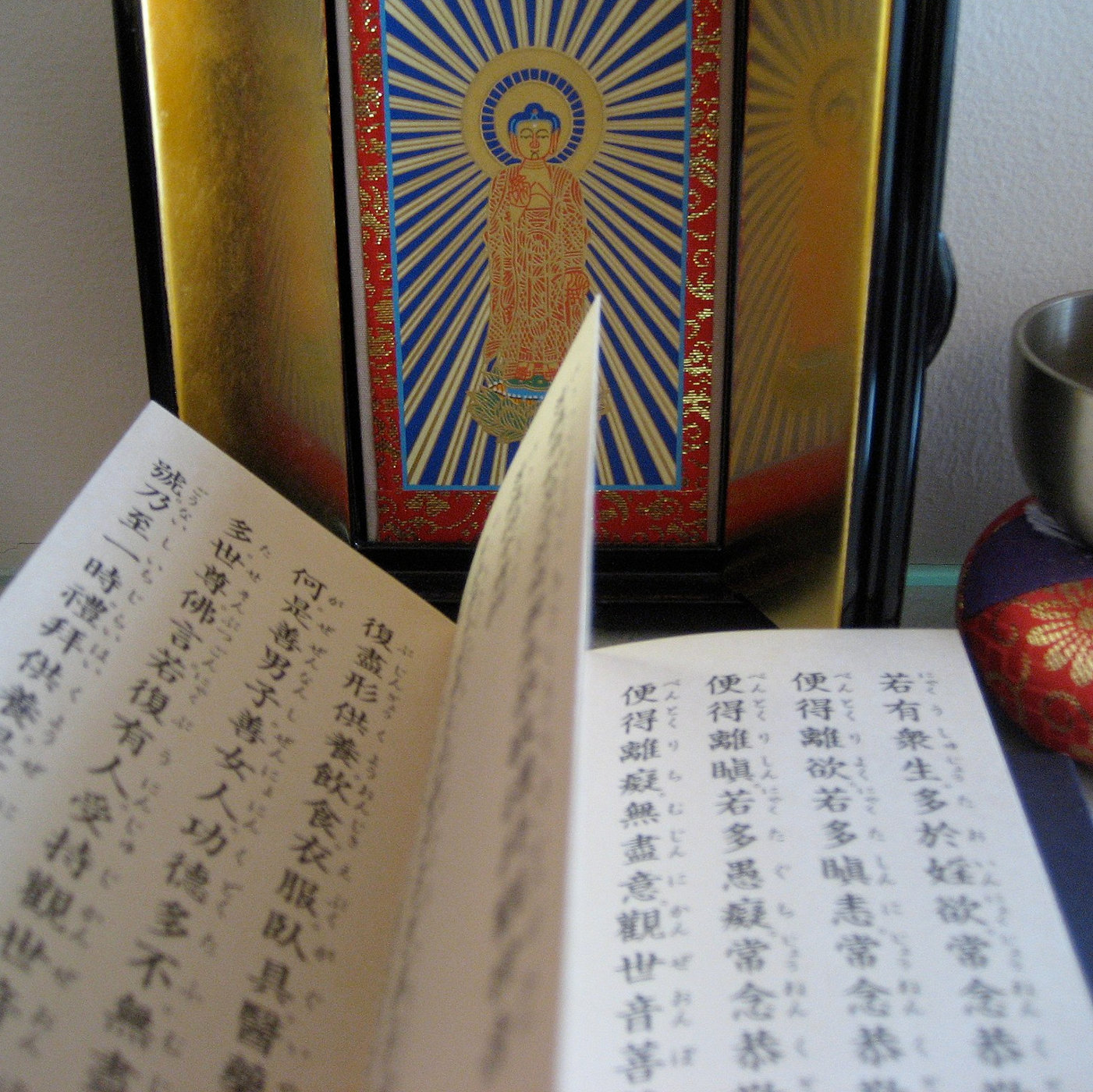
67 – Relating to Buddhist Teachings 1: Their Abundance, Diversity & Authenticity
If you’ve spent any time at all studying Buddhism, you’ve discovered there are lots of Buddhist teachings and texts. What should you choose to study? Where do you begin? How much do you really need t…

66 - Buddha's Teachings 8: Four Brahmaviharas, or Sublime Social Attitudes - Part 2
In Part 2 of my series on the Brahmaviharas, I explore teachings about how to cultivate Metta, or goodwill, in an unlimited or boundless way. (Which is the idea.) As we try to extend Metta to everyon…

65 – Dealing with Fear, Anger, and Hatred as a Buddhist
I’ve been getting a lot of questions from people about how to deal with fear, anger, and hatred as a Buddhist – our own as well that of others, especially at a time when people are so divided, and do…
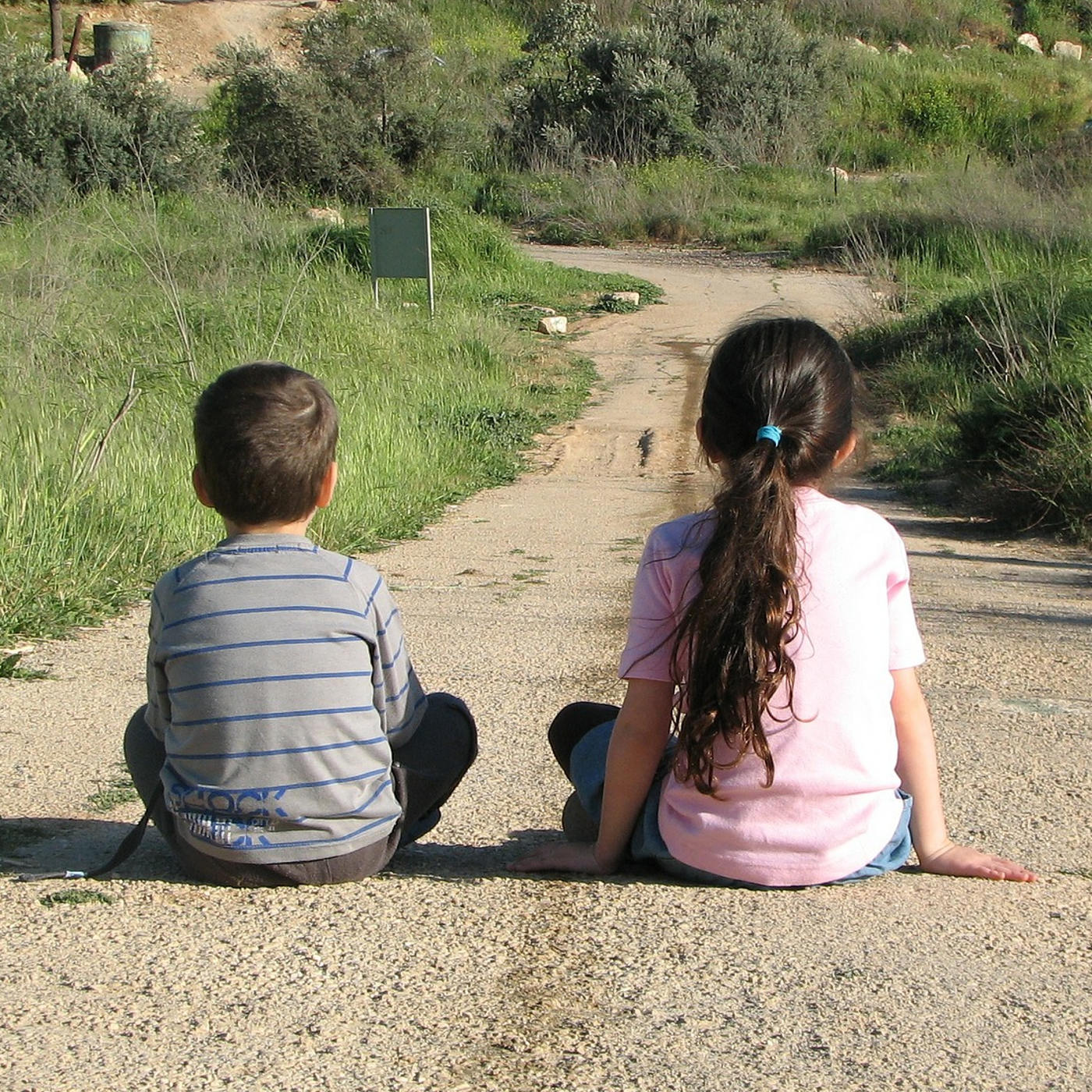
64 - Shikantaza: Having the Guts to Just Sit and Let Go of Doing Anything
I’ve been sitting zazen for over 20 years, but only recently have I had the guts to really do shikantaza, or “just sitting,” and it feels profoundly liberating. In this kind of zazen, you utterly let…

63 - Buddha's Teachings 7: The Four Brahmaviharas, or Sublime Social Attitudes - Part 1
The Buddha taught the importance of the four Brahmaviharas, or sublime attitudes: Goodwill, compassion, sympathetic joy, and equanimity. These are the emotions we should cultivate toward other beings…